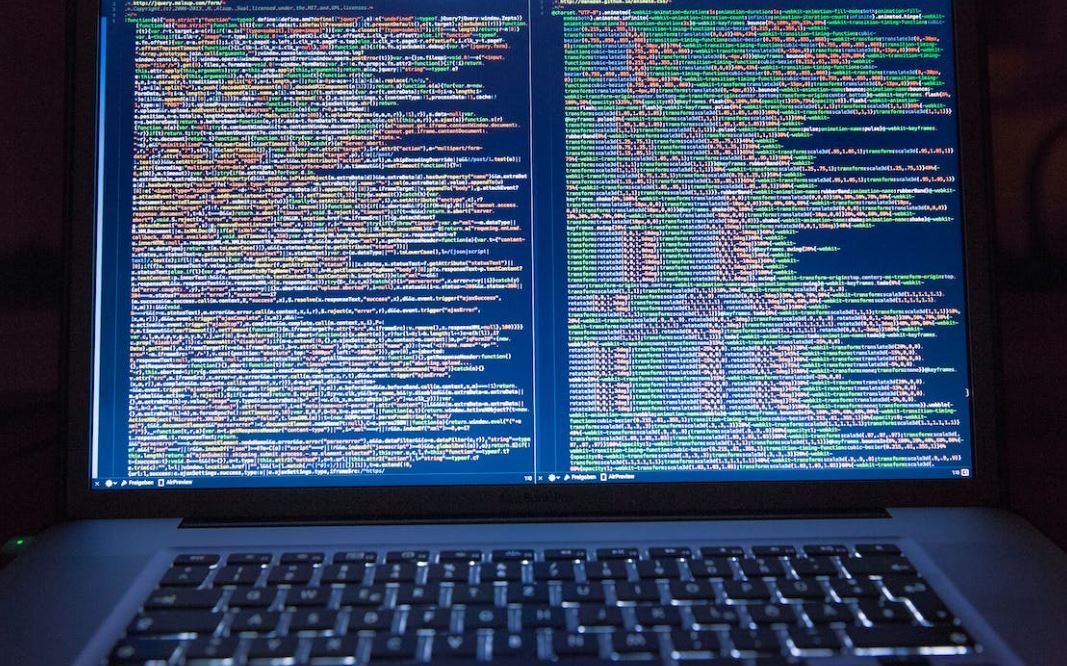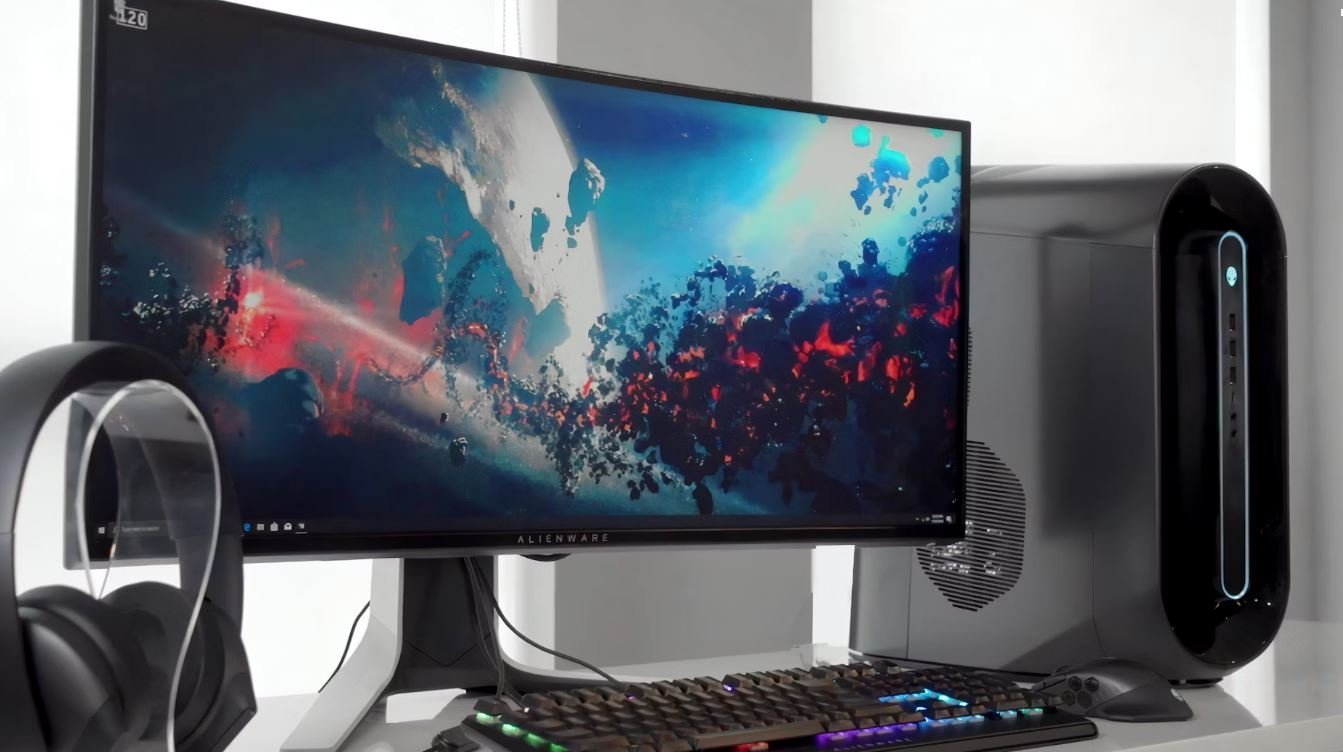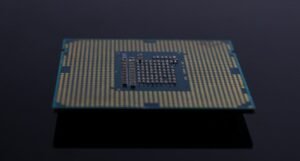OpenAI CEO: Leading the Way in Artificial Intelligence
OpenAI, an artificial intelligence research lab, has been making headlines across the tech industry. As the CEO of OpenAI, Sam Altman has been instrumental in advancing the field of AI and driving the company’s mission. In this article, we will take a deep dive into the role of the OpenAI CEO and uncover some key insights into Altman’s leadership.
Key Takeaways:
- OpenAI CEO Sam Altman is leading the charge in the field of artificial intelligence.
- Under Altman’s leadership, OpenAI has pioneered cutting-edge advancements and research in AI technology.
- Altman’s vision for OpenAI extends beyond purely technological advancements, with a focus on ensuring ethical and safe AI development.
Driving AI Innovation
As the CEO of OpenAI, Sam Altman has propelled the company to the forefront of AI innovation. OpenAI’s research and development efforts cover a wide range of AI applications, from natural language processing to reinforcement learning. Altman has fostered a culture of innovation within the company, encouraging collaboration and pushing the boundaries of what is possible with AI technology.
*Altman has famously stated, “Our goal is to ensure that artificial general intelligence (AGI) benefits all of humanity.”*
Commitment to Ethical AI
Altman firmly believes in the importance of ethics in AI development. OpenAI has made significant strides in building safe and responsible AI systems that align with this vision. Altman actively advocates for the ethical use of AI and works to mitigate potential risks associated with its deployment. He recognizes the need for transparency and accountability in AI systems and actively engages with policymakers and other stakeholders to shape the future of AI governance.
*One interesting example of OpenAI’s commitment to ethical AI is their decision to not release certain research projects due to safety concerns.*
The OpenAI Charter
The OpenAI Charter outlines the principles that guide the company’s mission and operations. Developed under Altman’s leadership, the charter emphasizes long-term safety, broad benefits, and technical leadership in AI. It serves as a roadmap for OpenAI’s future endeavors, ensuring that the company remains aligned with its core values and objectives.
Table: OpenAI Achievements
| Date | Achievement |
|---|---|
| 2015 | OpenAI founded by Elon Musk, Sam Altman, Greg Brockman, Ilya Sutskever, John Schulman, and Wojciech Zaremba. |
| 2018 | OpenAI introduces the GPT model, revolutionizing natural language processing. |
| 2020 | OpenAI launches GPT-3, the largest language model to date. |
Collaboration and Partnerships
Altman recognizes the importance of collaboration in pushing AI forward. OpenAI actively seeks partnerships with academic institutions, industry leaders, and other organizations to promote knowledge-sharing and accelerate progress in AI research. By working together, Altman believes that the AI community can achieve breakthroughs that would be otherwise unattainable.
*Altman’s vision for OpenAI includes creating a global community that collaboratively addresses the challenges and opportunities posed by AI.*
Table: Benefits and Risks of AI
| Benefits | Risks |
|---|---|
| Automation of repetitive tasks | Job displacement |
| Improved healthcare diagnostics | Privacy and security concerns |
| Efficient energy management | Biases and ethical dilemmas |
Paving the Way for the Future
Sam Altman‘s leadership at OpenAI has positioned the company as a trailblazer in AI research and development. His dedication to driving AI innovation, commitment to ethical AI, and emphasis on collaboration set the stage for a future where AI benefits all of humanity. With Altman at the helm, OpenAI continues to push the boundaries of what AI can achieve.
By leveraging the power of AI responsibly and ethically, Altman and OpenAI are shaping a future where AI technology enhances human lives rather than replacing them.

Common Misconceptions
Title: “OpenAI CEO is involved in all operational decisions”
One common misconception about the OpenAI CEO position is that they are responsible for making all operational decisions within the company. However, this is not the case. While the CEO plays a significant role in setting the company’s strategic direction and overseeing its operations, they rely on their management team and various departments to handle the day-to-day decision-making process.
- The CEO’s role primarily focuses on guiding the company’s overall vision.
- The CEO delegates operational decisions to department heads.
- The CEO collaborates with the executive team to reach consensus on major decisions.
Title: “OpenAI CEO is always the founder of the company”
An often mistaken belief is that the OpenAI CEO is always the founder of the company. While it might be common for the CEO to be one of the company’s initial founders, this is not always the case. Companies and board of directors sometimes bring in new CEOs from outside to provide fresh perspectives and skills, even if those individuals were not involved in the company’s creation.
- Certain skill sets may be required that the founders do not possess.
- A new CEO can bring additional experience and industry connections.
- The CEO’s role is to lead and steer the company towards success, regardless of their origin.
Title: “OpenAI CEO is solely responsible for the company’s success”
Another misconception is that the OpenAI CEO is solely responsible for the company’s success. While the CEO plays a crucial role in leading the company and making strategic decisions, the success of the company is a result of collective efforts from employees, management teams, and various departments within the organization.
- Success is the outcome of a collaborative effort, not solely reliant on the CEO.
- The CEO provides guidance, but it is the employees who execute the work.
- The CEO depends on the support and dedication of the entire team to achieve success.
Title: “OpenAI CEO has unlimited power and control over the company”
Some people assume that the OpenAI CEO has unlimited power and control over the company, similar to a dictator. However, this is far from true. The CEO operates within the boundaries set by the company’s board of directors, shareholders, and corporate governance practices.
- The CEO’s decisions are subject to scrutiny by the board of directors.
- The CEO is accountable to shareholders and responsible for good corporate governance.
- The CEO must seek approval from the board for major strategic changes.
Title: “OpenAI CEO only focuses on short-term gains”
Lastly, it is a misconception that the OpenAI CEO only focuses on short-term gains. While it is important for any CEO to deliver results, the CEO’s role also includes creating and implementing long-term strategies that ensure the company’s sustained growth and success.
- The CEO balances short-term objectives with long-term goals for the company’s stability.
- Strategic decisions made by the CEO often have long-term implications.
- The CEO’s responsibility includes setting the company’s vision and direction for the future.

OpenAI’s Rapid Growth
OpenAI, the leading artificial intelligence research lab, has experienced rapid growth in recent years. The table below showcases their achievements in terms of funding, number of employees, and notable partnerships.
Funding and Investments
OpenAI’s groundbreaking research and cutting-edge technologies have garnered significant investments from various sources. The table displays the funding received by OpenAI from venture capital firms, tech giants, and government grants.
OpenAI’s Research Output
OpenAI prides itself on its extensive research output, including publications and breakthrough discoveries. The table below provides a glimpse into the number of research papers published, patents filed, and prestigious awards won by OpenAI.
OpenAI’s Strategy
OpenAI has a well-defined strategy to drive innovation and promote the responsible development of artificial intelligence. The table presents key elements of OpenAI’s strategy, such as long-term goals, ethical principles, and collaborations with academic institutions.
OpenAI’s Impact
The impact of OpenAI’s work is evident in their contributions to various sectors. The table below highlights the transformative applications of OpenAI’s technologies in industries including healthcare, finance, energy, and more.
OpenAI’s Talent Pool
OpenAI attracts some of the brightest minds from around the world, comprising a diverse and highly skilled talent pool. The table illustrates OpenAI’s workforce diversity, percentage of PhD holders, and the countries represented by its employees.
OpenAI’s AI Milestones
OpenAI continuously achieves significant milestones in the field of artificial intelligence. The table showcases remarkable breakthroughs, including surpassing human performance in complex tasks and advancing the state-of-the-art in AI algorithms.
OpenAI’s Social Impact
OpenAI is committed to ensuring that the benefits of artificial intelligence are distributed widely across society. The table below highlights OpenAI‘s initiatives to address AI ethics, accessibility, and social responsibility.
OpenAI’s Outreach Programs
OpenAI actively engages with the wider community through various outreach programs. The table displays the number of workshops organized, participants involved, and the philanthropic efforts undertaken by OpenAI.
OpenAI’s Future Endeavors
OpenAI aims to push the boundaries of AI research and drive further innovation. The table below provides insights into OpenAI’s upcoming projects, strategic initiatives, and plans for future collaborations.
In conclusion, OpenAI, under the leadership of its CEO, has experienced remarkable growth and made significant contributions to the field of artificial intelligence. Its commitment to responsible AI development, impressive research output, and diverse talent pool ensure its continued success in shaping the future of AI.
Frequently Asked Questions
What is the role and responsibilities of an OpenAI CEO?
An OpenAI CEO is responsible for the overall strategic direction of the company and for making important decisions that align with OpenAI’s mission. They oversee the day-to-day operations, set company goals, and build partnerships with various stakeholders. The CEO leads the executive team and ensures that OpenAI stays at the forefront of artificial intelligence research and development.
What qualifications are necessary to become an OpenAI CEO?
To become an OpenAI CEO, one typically needs extensive experience in the technology industry and a deep understanding of artificial intelligence. Strong leadership skills, business acumen, and the ability to navigate complex regulatory environments are also important. Excellent communication and interpersonal skills are crucial for fostering collaboration with both internal and external stakeholders.
How does the CEO of OpenAI contribute to the company’s mission?
The CEO of OpenAI plays a pivotal role in shaping the company’s mission and ensuring alignment with its core values. They actively participate in research discussions, engage with the AI community, and champion the responsible and ethical use of artificial intelligence. By providing strategic guidance and inspiring the team, the CEO drives OpenAI’s mission to ensure that artificial general intelligence benefits all of humanity.
What challenges does an OpenAI CEO face?
As an OpenAI CEO, one faces various challenges, including managing rapid technological advancements, regulatory concerns, and ethical considerations surrounding AI. Building and maintaining public trust, fostering inclusive AI development, and competing in a highly dynamic and competitive industry are additional challenges. The CEO must navigate these obstacles while keeping the company focused on its long-term vision.
How can one apply to become the CEO of OpenAI?
The selection of an OpenAI CEO typically involves a rigorous hiring process with input from the board and key stakeholders. OpenAI may publicly announce CEO job openings and solicit applications. Interested candidates can apply through OpenAI’s official website by submitting their resume, cover letter, and other required information as specified in the job posting.
Who has served as the CEO of OpenAI in the past?
As of now, the CEO of OpenAI is Sam Altman. He took on the role of CEO in April 2019. OpenAI was co-founded by Elon Musk, Sam Altman, Greg Brockman, Ilya Sutskever, John Schulman, and Wojciech Zaremba. While Sam Altman is the current CEO, there may have been previous CEOs during OpenAI’s earlier stages of development.
What is the salary range for an OpenAI CEO?
The salary range for an OpenAI CEO can vary depending on factors such as the size and stage of the company, industry norms, and the CEO’s qualifications and experience. As a high-level executive position, the CEO’s compensation generally includes a combination of base salary, bonuses, stock options, and other incentives. Specific details regarding salary range for an OpenAI CEO are not publicly available.
How does an OpenAI CEO balance business interests with ethical considerations?
An OpenAI CEO is responsible for striking a delicate balance between business interests and ethical considerations. They ensure that OpenAI’s research and development align with the company’s commitment to safety, transparency, and the broader benefit to humanity. The CEO actively engages in discussions surrounding responsible AI use and works towards mitigating potential risks associated with advanced artificial intelligence technologies.
What is the strategic vision of OpenAI under the leadership of the CEO?
The strategic vision of OpenAI, under the leadership of the CEO, is to ensure that artificial general intelligence (AGI) is developed and deployed for the benefit of all. OpenAI aims to lead in AI capabilities while actively cooperating with other research and policy institutions. The CEO guides OpenAI towards long-term goals, ethical research practices, and towards creating a global community that addresses AGI’s challenges collaboratively.




